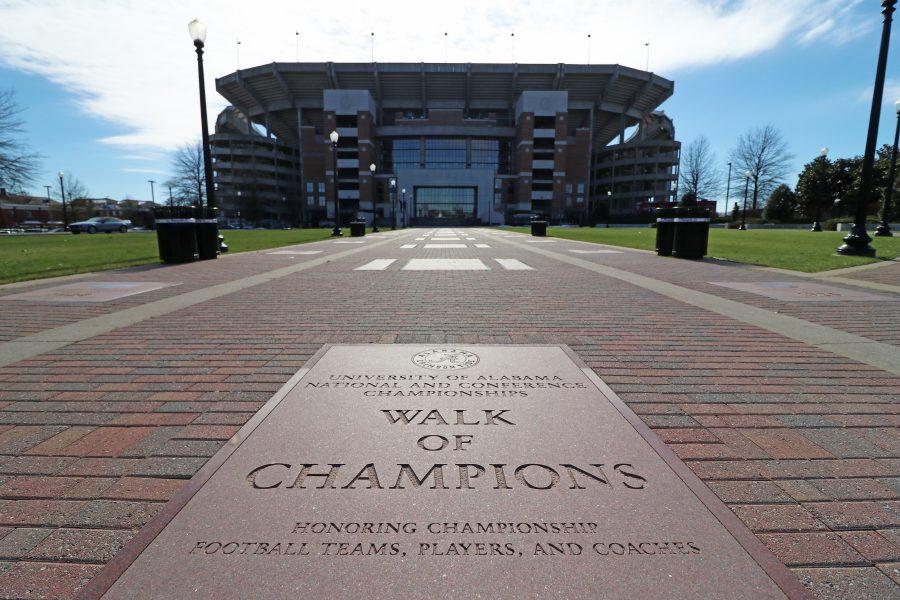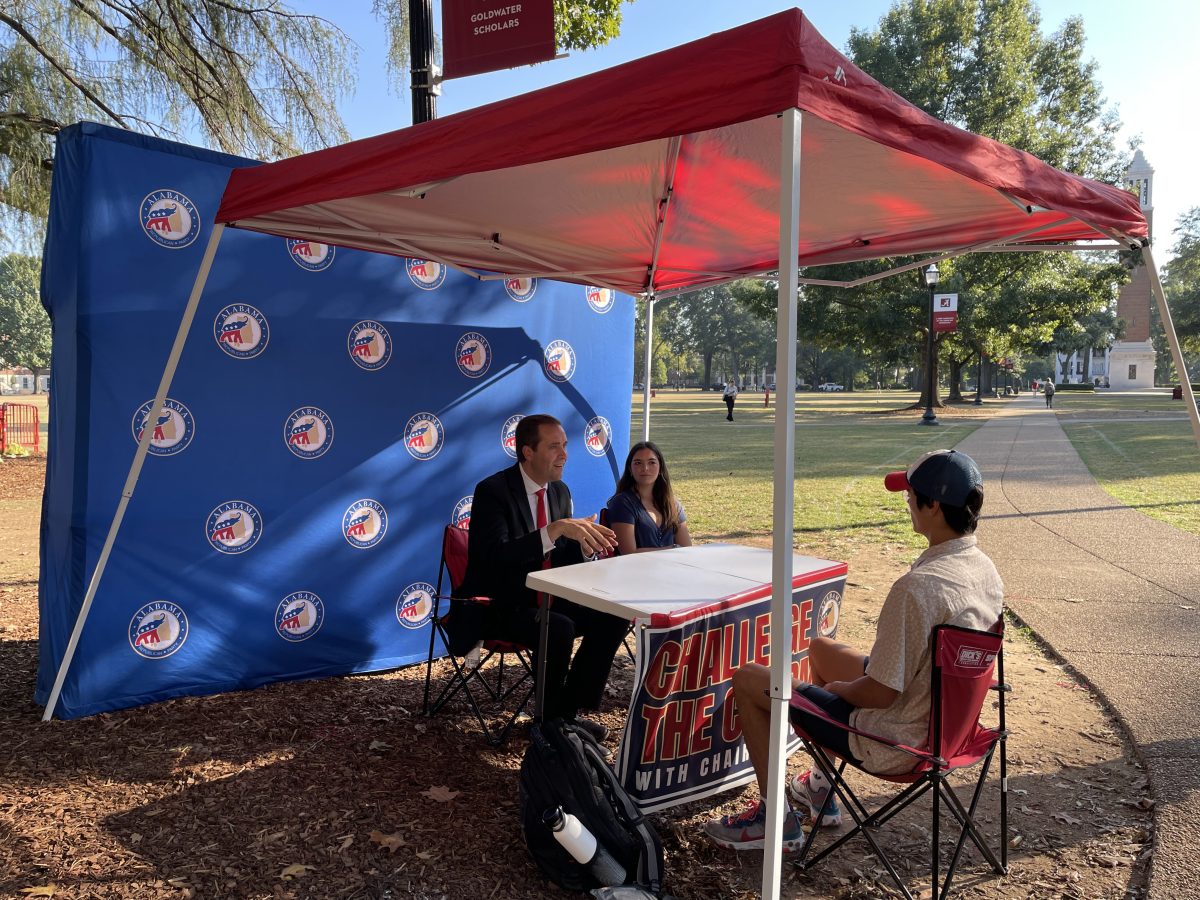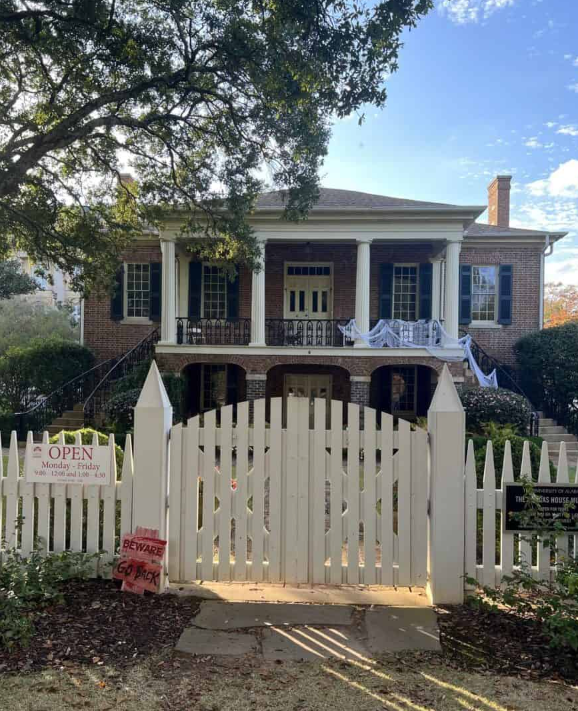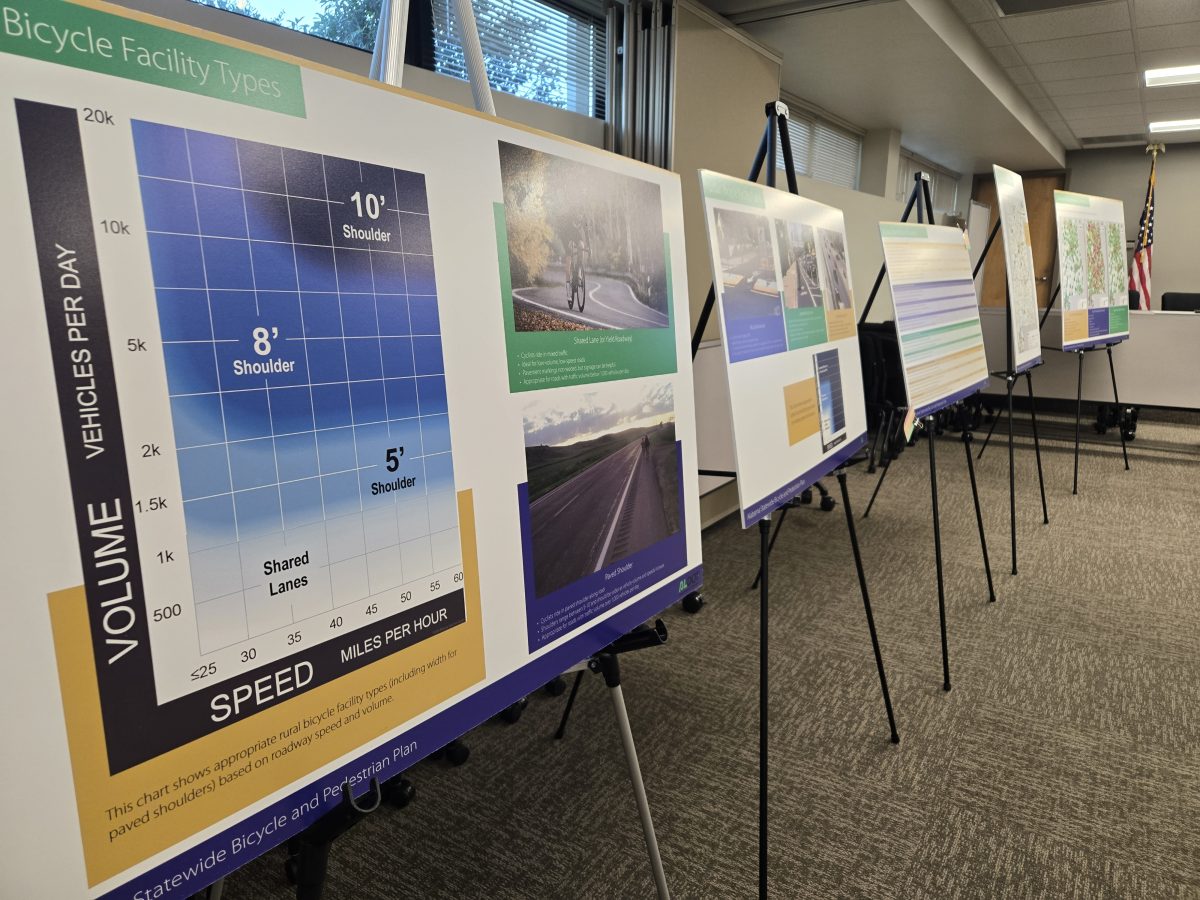Last week, students had the opportunity to opt-in for ticket packages from Monday to Wednesday, and those who chose to received an email Friday detailing their eligibility for ticket packages. This season, full ticket packages were only offered to students meeting 60 or more UA credit hours.
The implementation of that plan was met with some resentment from the student body. Many students took to online forums, like the Alabama Student Ticket Exchange, to express their dissatisfaction with the new system.
Students without the required number of UA credits are unable to purchase the full home-game ticket package, which has not only left underclassmen out of luck, but also angered transfer students.
“I think the idea was good, but I think some of the ways they conducted it were not so great,” said Jordan Dutcher, a senior majoring in biology who transferred to The University of Alabama two years ago.
In instances like Dutcher’s, the system that the University used backfired for some students. Since transfer credit hours are not quantified as UA credit hours in the registration system, Dutcher only had two years’ worth of credits that counted toward her ticket package status, despite her senior classification.
“I now have three or four football games for my senior year at The University of Alabama, so I think they should have a special disclaimer for transfer students,” Dutcher said.
Another group of students that are affected by this are students with a large portion of Advanced Placement or International Baccalaureate program credits, as these also do not count toward UA credits.
Even some traditional students who have been at the Capstone for over a year found grievances with the new system. Mary Beth Boonarkat, a sophomore majoring in Spanish with a minor in biology, describes herself as “a devout Alabama football fan” that stays for all four quarters. However, she will only be able to go to half of the games, unless she buys her tickets elsewhere.
“Receiving the email from the UA Athletics to opt in for a split package was a nightmare that I never woke up from,” Boonarkat said. “I have never received penalty points in the football system, except to upgrade my ticket in order to introduce outsiders to an Alabama football game with me.”
However, it is important to consider the alternative to the new option, i.e. sticking with the old system, officials from the Office of Student Life said.
“The updated student ticket sales process was necessary because of the exceptionally high demand and the desire to ensure ALL students have a good chance of being able to attend at least some of the home games,” said Chris Bryant, assistant director of media relations, on behalf of the Office of Student Life.
As was seen last year, the flood of students onto myBama crashed the site and many students were left without a package at all.
“The new process provides an opportunity for most, if not all, students who want tickets to purchase at least a split package,” Bryant said on behalf of the Office of Student Life. “Last year, thousands of students who opted-in didn’t receive anything in the returning student ticket sale. This year every student who opted-in had access to some type of ticket package.”
Nevertheless, with so many students now holding ticket packages for only a portion of the home games, the Alabama Student Ticket Exchange page on Facebook may become even more frequented than it already is.
Khalil Chapman, a junior majoring in journalism with a minor in criminal justice, has always sought his tickets via the Alabama Student Ticket Exchange page as he has not been able to secure a ticket package in the three years he’s been a UA student.
“Every week tickets are on sale in the ticket exchange, regardless of the magnitude of the game,” Chapman said. “It can be a quick way to make extra cash or a quick way to have something to do with friends.”
However, Chapman says there is a bit of a science to how he goes about buying his tickets and advises students not to panic, but keep calm and be patient.
“When it comes to purchasing tickets, I’ve realized it’s best to wait until the day before the game,” Khalil said. “Sellers are willing to lower their offering price in hopes of getting rid of their ticket as soon as possible.”
Chapman’s described science is accurate when looking at data collected by The Crimson White on student tickets. Starting at 12 days out from the day of the game, 20 prices were recorded each day from the Alabama Student Ticket Exchange page for the Iron Bowl for this past football season.
According to The Crimson White’s analysis, the more days away from the game, the higher ticket prices are. For example, the average price 12 days away from a home game was $160.25, yet this price dropped to just $62.38 on the day of the game. Data shows there is a nearly perfect relationship between the days out from the game and the average price of a ticket, such that as every day passes the price always falls.
One cause for this phenomenon is the variance in the prices given the number of days away from the game. Because very few people are selling their tickets 12 days out from the game, there is little information on what the price of a ticket should be. This lack of knowledge creates what economists call an information failure.
“I’ve sold not only my package, but a bunch of others for above $500, and there’s specific times where packages spike in price, namely right when they’re issued, and based on how hype last year’s game was,” said Manoj Sunny, a graduate student in finance who has been following the ticket market for the past three seasons.
However, as more people begin to post a sale of their ticket on the page, both buyers and sellers begin to get an idea of what a ticket is really worth. In addition, as the day of the game nears, students become eager to sell their tickets, which causes sellers to begin bidding their price down.
“Prices definitely go down leading to game day for usually all tickets,” Sunny said.
Sometimes, however, prices rise as the games approach. With the SEC West already secured, the 2016 Iron Bowl was not an overly important game for the Crimson Tide, which as one would expect, had an impact on the market for tickets. Sunny elaborated that for the “super hype” SEC games, ticket prices can begin to climb as the day of the game approaches.
“An example was the Iron Bowl two years ago,” Sunny said. “Since everyone was out during fall break, most people weren’t able to upgrade, so a single upgraded Iron Bowl [ticket] went for at least $500. I saw people sell them for $1,000 a piece. There are specific instances where prices surge up.”
But navigating the Alabama Student Ticket Exchange becomes a moot point when students already have the package they want.
Boonarkat, who formerly served as an Avanti, saw the expansion of the student body firsthand and sees a ticket shortage in the near future, if it has not already come.
“I propose expanding the student section, even in upper bowl, or give seniority to upperclassmen as in the previous years,” Boonarkat said.
On the other hand, Sunny points out that the new system can reward ticket packages to apathetic upperclassman students over diehard fans in their freshman or sophomore years. While the new system of allowing students to opt-in for a package over a three-day period resolves last year’s disastrous crashing of the website, the three-day opt-in makes it easier for the apathetic students to beat diehard fans to ticket packages.
Previously an apathetic fan may not have woken up at 7 a.m. to try and get tickets, but the eager fan would have. Sunny proposes that rather than charging a flat $10 for every game, the University should price the tickets within the package closer to market value.
“I think the solution to all this isn’t necessarily how the tickets are distributed and divided up, but more so the pricing of them,” said Sunny. “The apathetic student is less likely to purchase a $50 LSU ticket, but the diehard Bama fan would much rather purchase it for $50 than the potential $100 or $80 [ticket] scalpers may charge.”
With criticism now being pointed at the athletic department, Sunny finds one ray of hope in the new system. Due to the fact that this year seniors got their tickets first, there will not be as many seniors on the ticket exchange page eager to grab tickets in their last year to see home games.
“This new policy I think is better for students as a whole,” Sunny said. “The supply should theoretically be the same, but demand should be lower since the highest bidders were usually seniors, but now most of them have tickets automatically.”









